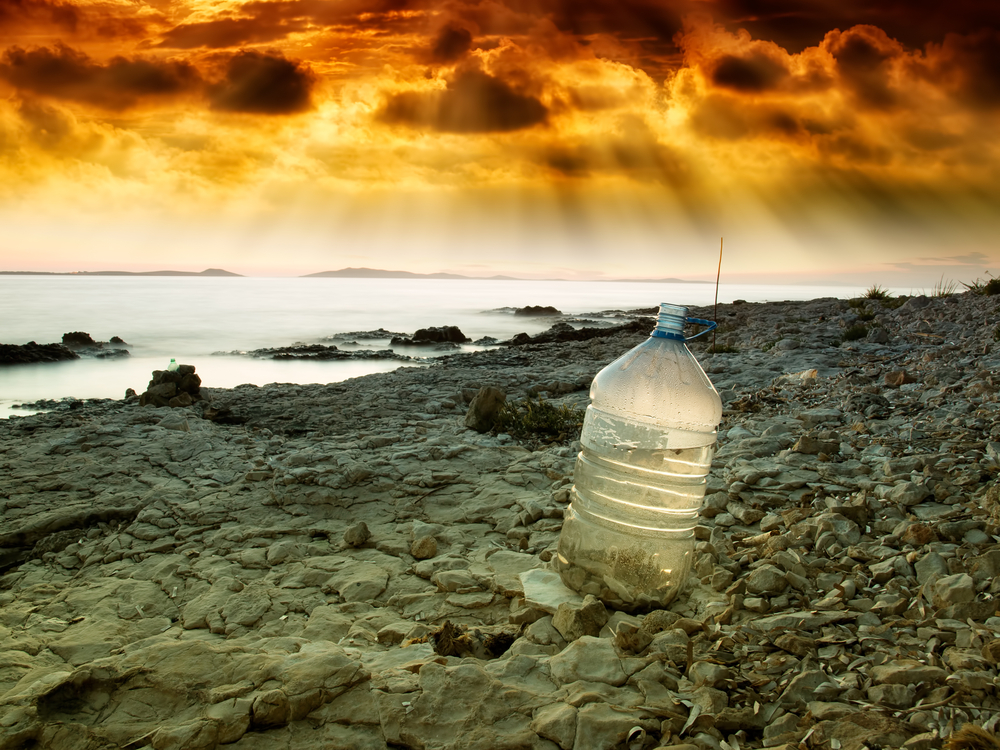Somewhere in the world, water is a crisis in a community.
Whether it’s a drought or water pollution – water has no doubt become one of the most contested essential resource on the planet.
A recent report published by WaterAid states that Papua New Guinea is the most expensive country in the world when it comes to water.
The World Health Organisation specifies that each person should be able to have 50 litres of water per day as the recommended intermediate quantity needed to maintain health, hygiene and for all domestic uses.
The cost of buying 50 litres of clean water around the world with Papua New Guinea paying the highest.
Sadly for many people in developing nations, buying the recommended 50 litres can be a huge strain on their poor salary.
According to the 2016 report, Papua New Guinea has 60 per cent of its population – which constitutes to 4.5 million people in Papua New Guinea who do not have access to safe water, the highest of all countries.
But Papua New Guinea is not alone, sharing its water burden with more than 650 million other people in the world.
Often the low income earners or the ones depending on informal sectors cannot afford to pay for water services, while for those who do, pay a high price.
What’s more, water resources are becoming increasingly delicate as populations increase, land use changes and deforestation continues. These threats will be worsened by the effects of climate change and have a disproportionately large impact on people without a safe, reliable water supply placing a great challenge on achieving the global goals for sustainable development.
To tackle the issue, WaterAid has suggested the need for more political priority to be given to increasing and targeting resources at those in most urgent need. This means increased funding from donor and developing governments, affordable tariffs and connections, and a vibrant, well-regulated sector to create reliable, accessible water services that can be used by everyone.


